Menacing charges can have serious repercussions that extend far beyond the confines of the courtroom. In this guide, we will delve into the intricacies of menacing charges in Colorado, differentiating between misdemeanor and felony menacing, exploring potential penalties, and addressing the distinctions from assault charges.
What Is a Menacing Charge?
Menacing, in the legal context, is defined as knowingly placing another person in fear of imminent serious bodily injury. This can involve the use of threats, gestures, or other means to create a reasonable apprehension of harm.
- Serious Bodily Injury: According to Colorado law, this term refers to an injury that involves a substantial risk of death, permanent disfigurement, organ loss or impairment, breaks, fractures, or second/third degree burns.
- Knowingly Causing Fear: In order to charge someone with menacing, a prosecutor must show that the defendant acted in such a way that would naturally cause the victim fear. This can be true regardless of whether the defendant intended to cause fear or whether the victim was actually afraid.
Misdemeanor Menacing vs. Felony Menacing
In Colorado, menacing charges can be classified into two main categories: misdemeanor and felony. The primary factor distinguishing misdemeanor from felony menacing lies in the level of threat and the perceived risk.
Most menacing qualifies as a class 1 misdemeanor; however, the charges escalate to a class 5 felony if the defendant:
- Employed a deadly weapon or an item fashioned in such a way that it could be perceived as deadly.
- Verbally implied that they had a deadly weapon in their possession.
Examples of deadly weapons in Colorado include, but are not limited to: firearms, knives, metal tools, baseball bats, chainsaws, and fists. Everyday objects that may not typically be considered weapons but can be used as such still qualify (i.e. rocks).
What are the Penalties for Menacing in Colorado?
So, how serious is a menacing charge? This primarily depends on whether the charge is for a misdemeanor or a felony.
Penalties for Misdemeanor Menacing
As a reminder, menacing charges are considered a misdemeanor if no deadly weapons were involved. Consequences can include up to 364 days in jail and fines of up to $1,000.
The severity of the punishment often depends on the specific circumstances of the case, such as the nature of the threat and any prior criminal history. It is crucial to note that even a misdemeanor menacing charge can leave a lasting impact on one’s criminal record.
Penalties for Felony Menacing
When a defendant displays or uses a deadly weapon while engaging in menacing behavior, the charges escalate to a felony. Penalties can include 1-3 years in prison and/or fines of anywhere from $1,000 to $100,000. The gravity of these penalties underscores the importance of seeking legal counsel promptly when facing such charges.
Menacing vs. Assault: What’s the Difference?
Menacing and assault charges both involve the concept of harm or threat. However, assault charges typically require actual physical contact or an attempt to cause injury. Menacing charges, on the other hand, focus more on the fear of harm without the necessity of physical contact.
There are three types of assault charges in Colorado, which differ based on the severity of the case. Jail/prison time can range anywhere from six months to 32 years for assault charges in Colorado.
- First-degree assault: Intentionally inflicting serious injury with a deadly weapon.
- Second-degree assault: Intentionally inflicting serious injury without a deadly weapon.
- Third-degree assault: Causing injury with a deadly weapon through negligence.
The nuances between menacing and assault charges highlight the importance of a thorough legal defense tailored to the specific circumstances of the case. If you are facing either of these charges, get in touch with MBS Law today.
Defending Against Menacing Charges: What’s the Best Approach?
Many of our clients ask us how to beat a menacing charge. First and foremost, successfully navigating menacing charges demands a strategic defense tailored to the unique aspects of each case. Here are three of the defenses we have found to be most impactful.
- The defendant’s statements were not fear-inducing. This defense plays on the subjectivity of words. If the prosecution cannot prove that your words would naturally cause fear, then they don’t have a case against you.
- The defendant did not possess a deadly weapon. This is a strong defense in felony menacing cases, where video footage and eyewitness reports can make a meaningful difference.
- The defendant was acting in self-defense. Menacing behavior would be justified if elicited in response to a genuine threat to one’s well-being.
If you or a loved one has been charged with menacing in Denver or a surrounding county, it is crucial to get in touch with a criminal defense attorney right away. The team at MBS Law can help you craft a robust defense to protect your future and ensure the best possible outcome.
Charged with Menacing in Colorado? Seek Legal Guidance Now
The consequences of menacing charges in Colorado are substantial, impacting not only the immediate legal outcome but also the long-term trajectory of one’s life. Whether facing misdemeanor or felony menacing charges, the importance of securing legal representation cannot be overstated. Swift action, comprehensive legal defense, and strategic advocacy can make a significant difference in the outcome of menacing cases. At MBS Law, we stand ready to navigate the complexities of menacing charges, working tirelessly to protect the rights and future of our clients. Contact us today to get started with a FREE consultation.



